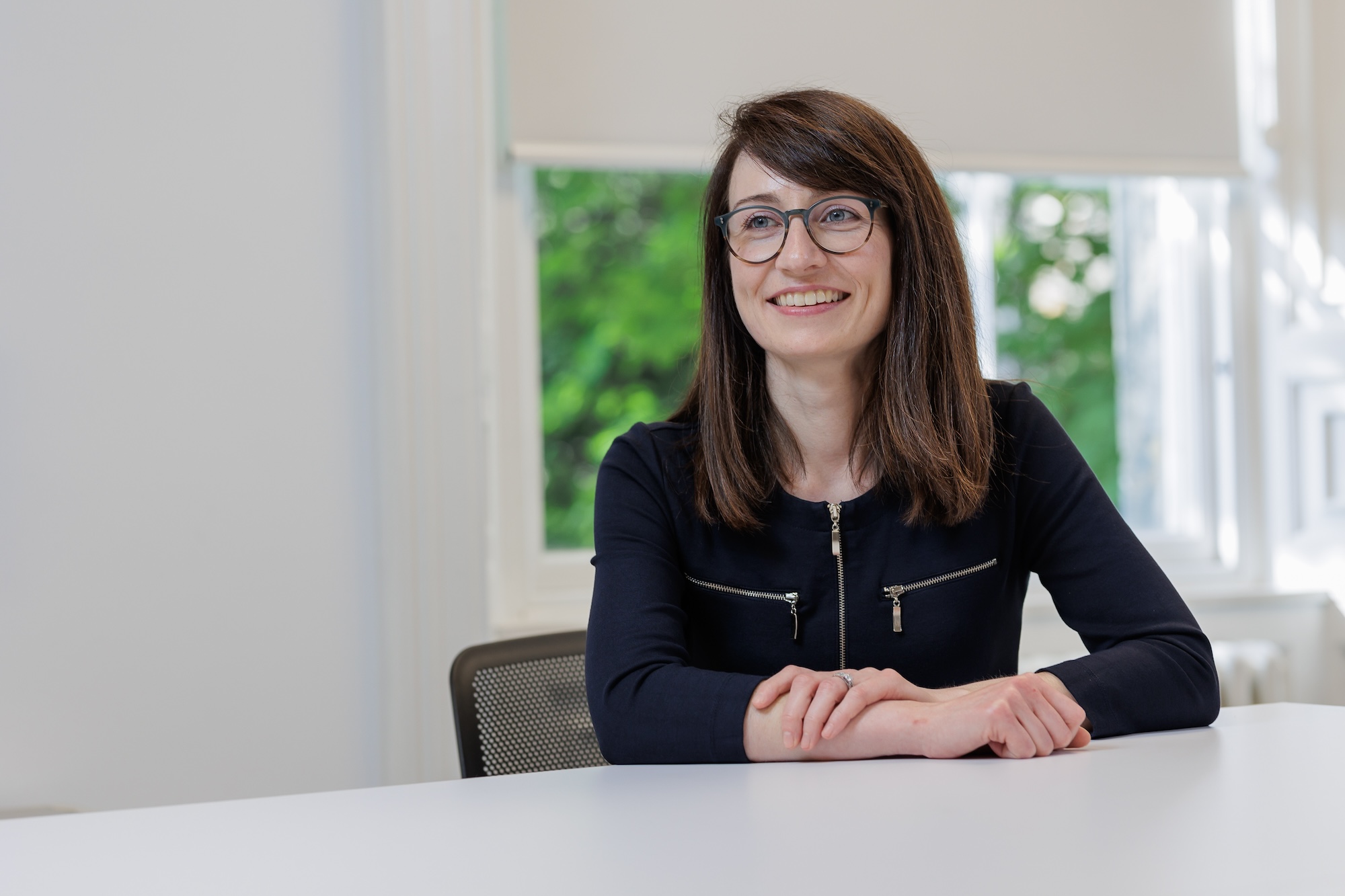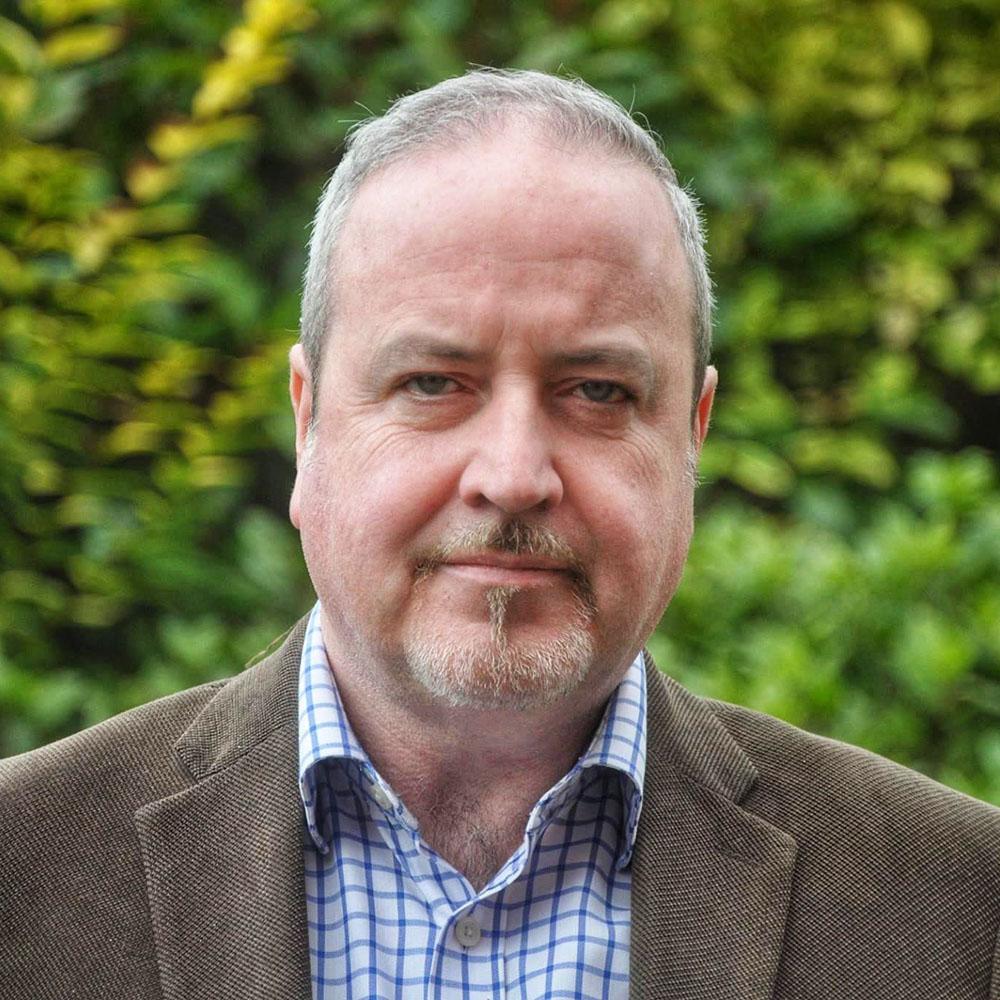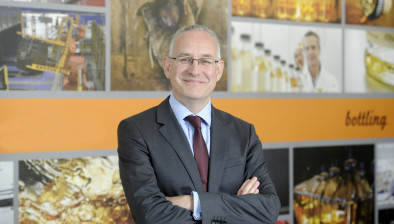Financial Focus: Gillian McColgan’s journey to partnership at Johnston Carmichael

Gillian McColgan
When accountancy and business advisory firm Johnston Carmichael further augmented its team of partners and directors team last summer, it was evident that nurturing new talent from the outset continues to prove valuable.
Gillian McColgan was promoted to tax partner based in Aberdeen and Ryan Milne to director in business advisory in Dundee. They had both joined the firm as graduate trainees. The announcement anticipated Johnston Carmichael welcoming 92 early careers students including 58 graduates, 17 accounting apprenticeship students, 15 summer interns and two industrial placements.
Having joined the firm 15 years ago, this was a significant milestone for Gillian. “I think the key differences in being a made a partner are the increased responsibility and decision making,” she says.
“It’s also the knowledge that we are committed to the people we have working for us and whose livelihoods depend on the firm and its success, and that you are helping to ensure that.”
While a challenging move, it was also an exciting one. “The firm has gone through a major period of growth, and we continue to expand the team, looking at different areas of the business in which we can add extra value for our clients – and how we can enhance the role of our staff so that they are focusing more and more on their role as advisers.”
While all businesses need to file annual tax returns, with many required to undertake a financial statutory audit, she believes the real value of an accountancy firm is in helping clients with the big decisions and where they want to take their businesses in the future.
“That’s where we can support clients and that’s where it’s been helpful for us to have people from different backgrounds and with different approaches collaborating.”
The firm’s graduate training scheme, she points out, is not solely for those with an accountancy degree, with graduates coming from a wide range of disciplines, including law, business, economics and engineering/sciences who also benefit from the support of colleagues and a dedicated Early Careers team.
As a partner in the corporation tax team, she manages the tax compliance and advisory relationships for corporate clients across industry sectors that include energy, engineering and manufacturing and food and drink) ranging from UK-based startup companies to listed and larger businesses forming part of multinational groups.
The Aberdeen native graduated in accountancy from the University of Glasgow and is a member of the Institute of Chartered Accountants of Scotland (ICAS) and the Chartered Institute of Taxation (CIOT) – though accountancy was not Gillian’s original career.
While at school in Aberdeen she enjoyed science and maths and on leaving began an engineering degree, then changing to accountancy and finance and discovering the graduate programme at Johnston Carmichael. “The firm was offering different graduate roles and one of them was a position in the tax team with a particular focus on corporate tax,” she says.
“Since my university days, I had been interested in learning more about tax and among its different areas I felt corporate would best allow me to develop.”
The firm – founded after Bill Johnston met John Carmichael in Moray in 1936 – now competes with the Big Four of Deloitte, PwC, EY and KPMG and has continued to grow in its geographical reach as well as specialisms.
Now operating from 11 locations across the UK with almost 1,000 employees and partners, in 2021 it joined the Moore Global community which has offices in 112 countries, an important recognition of the reputation and service at Johnston Carmichael.
At the time Anton Colella, Scotland-based CEO of Moore Global and a longtime advocate of the simplification of the UK tax code, welcomed the technical depth that Johnston Carmichael would bring to the network, and Ms McColgan readily agrees that technical advances will hugely influence the evolution of the profession.
“Clients need responsiveness, and that comes in different forms of communication. To be a good advisor and be able to provide that responsive advice, we need to be very clear on what our priorities are as a firm in terms of our technological projects and advancements,” she says.
“That means always aiming to become more efficient, so that we can provide a proactive service as advisors. Our clients are looking for positive advice beyond the textbook answers.”
Chosen as the location for the new, publicly owned GB Energy and undergoing the transition from the fossil fuel economy to become the UK’s hub of sustainable power, Aberdeen is focusing on the digitalisation of the energy industry as well as growing its tech and digital sector, particularly in data analytics and Artificial Intelligence.
“With the expansion in terms of the services that we offer and the geographies in which we offer them, we have a real diversity and breadth of clients in different sectors,” she explains.
“What you often find with tax is that while having sector specialists is obviously advantageous for our clients there’s a lot to be said about focusing on the different types of tax that also apply. That could be more based on size, scale and the location of a client rather than just the sector in which they’re working.”
All of which, she adds is predicated on the sound relationships built with clients. “You need to understand their business, what drives them, what their pinch points might be, or what challenges they might be facing.
“That includes new technology and the changes in the economic landscape that are going to impact their business and sector and the region that they’re operating in. It’s vital to have that client relationship so that you can provide appropriate advice.”
Gillian believes that a significant advantage of rising through the ranks from trainee to partner at Johnston Carmichael has been the consistent level of support she has enjoyed.
“In my early career I was helped by members of our HR team who specifically focus on early careers, mapping out how I’d like to progress and the pace of that development. In addition, you have the people that you work with on a day-to-day basis – buddies, mentors and line managers and I’ve been extremely fortunate that I’ve had such a huge network of support on a technical, professional and personal level.”
Looking to future challenges, she returns to the speed of technological progress. “I think the role of the accountant as ‘processor’ is one that will in time – and probably not that much time – largely be dealt with on an automated basis.
“So, as a firm, we need to adapt to that and ensure that our staff have sufficient support and training. We need teams of people thinking about how we can use technology to our own advantage, rather than fearing the pace of change – and I think that opens doors for people who begin with us as graduates and come from diverse backgrounds.”











